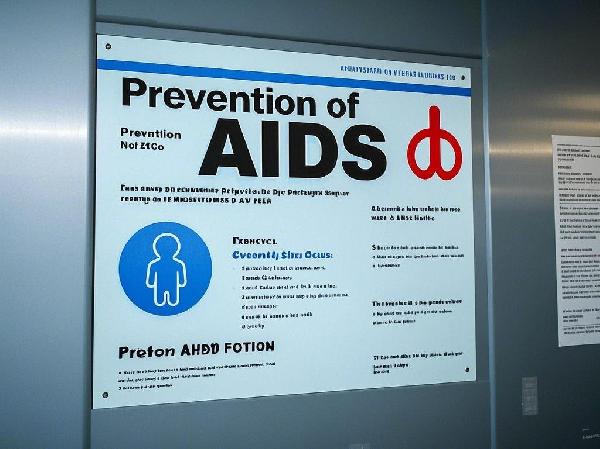Recent research reveals that male infertility may be rooted in the dietary choices of pregnant mothers. A groundbreaking study published in Human Reproduction in 2007 found a direct link between maternal beef consumption during pregnancy and reduced sperm counts in their adult sons. This discovery underscores the critical role of maternal nutrition in shaping the reproductive health of future generations. The study highlights how environmental factors, such as hormone residues in beef, can have lasting effects on male fertility, emphasizing the need for careful dietary choices during pregnancy.
The Beef Connection: Hormones and Sperm Counts
The study, led by researcher Shanna Swan, analyzed data from 773 men in North America, focusing on their mothers' diets during pregnancy and their own sperm quality. Among the 387 men with complete maternal dietary records, those whose mothers consumed beef at least seven times a week during pregnancy had sperm concentrations 24% lower than those whose mothers ate less beef. Alarmingly, these men were three times more likely to have sperm counts classified as subfertile. Researchers attribute this to growth promoters and hormones used in cattle farming, which leave residues of estradiol, testosterone, and progesterone in beef. These hormones, particularly during fetal development, can disrupt normal reproductive development, leading to long-term consequences.
Beyond Beef: The Broader Threat of Contaminated Foods
The risks extend beyond beef. Pregnant women exposed to other contaminated foods—such as fruits and vegetables with pesticide residues, processed snacks with heavy metals, and dairy products with additives—may also jeopardize their unborn sons' reproductive health. Food additives, preservatives, antibiotics, and artificial colors further compound the problem, posing significant threats to fetal development. These substances, often hidden in everyday foods, can interfere with hormonal balance and cellular growth, potentially leading to infertility and other health issues in adulthood.
A Call to Action: Protecting Future Generations
The findings serve as a stark reminder that male infertility is not solely a result of post-birth factors but can be influenced during embryonic development. To safeguard the reproductive health of their sons, pregnant women must be vigilant about their diets, avoiding foods likely to contain harmful substances. Men, too, have a role to play by ensuring their partners maintain a healthy, toxin-free diet during pregnancy. This proactive approach can help break the cycle of infertility and ensure the next generation’s reproductive well-being.
A Shared Responsibility
The study underscores the importance of maternal nutrition in shaping the future health of offspring. By making informed dietary choices, pregnant women can significantly reduce the risk of male infertility in their sons. This research also highlights the broader issue of food safety and the need for stricter regulations to minimize exposure to harmful substances. Ultimately, protecting reproductive health is a shared responsibility that begins long before birth, emphasizing the profound impact of maternal care on future generations.
























